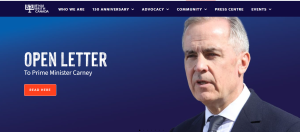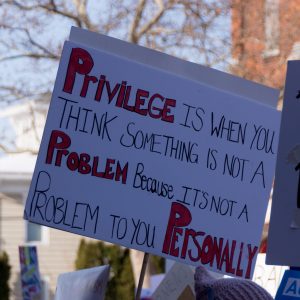 TORONTO — An estimated 1,000 people gathered at Beth David B’nai Israel Beth Am Synagogue on May 6, the eve of Yom Hazikaron, for the Israeli consulate’s annual Memorial Day ceremony for Israel’s fallen soldiers.
TORONTO — An estimated 1,000 people gathered at Beth David B’nai Israel Beth Am Synagogue on May 6, the eve of Yom Hazikaron, for the Israeli consulate’s annual Memorial Day ceremony for Israel’s fallen soldiers.
From left, Yitzhak Argaman, Reuven Zemer and Israel David perform the Hebrew song We Left Quietly. [Frances Kraft video]
Amir Gissin, Israel’s consul general of Israel in Toronto, said in a Hebrew-language address that tens of thousands of Israelis would wake up in Israel the next day to travel to military cemeteries.
In his own immediate family, he said, his mother would drive to the Negev to visit the grave of her brother, who was killed in Israel’s War of Independence, while Gissin’s brother would head to Rishon Lezion to visit a cousin’s grave.
But no one in the family would be able to get to Zichron Ya’akov, where another cousin, Ehud Efrati, was buried late last year after being killed on reserve duty.
For Israeli families, grief is very personal, but it’s also collective, as it was at the memorial ceremony, Gissin told The CJN the next day.
He told the mostly Hebrew-speaking audience at the service that their answer to those who question Israel’s right to exist is to be “better in the sense that we should be worthy of the unbelievable personal price that the Israeli fallen soldiers have paid” and to ensure that the State of Israel continues to develop.
Beth David’s Rabbi Philip Scheim spoke of Mati Sukenik, who died in Israel’s War of Independence.
In Nov. 1947, Sukenik heard on the radio that the United Nations had just voted in favour of partitioning Palestine into a Jewish and an Arab State, the rabbi said.
He went to his father, archeologist Eliezer Sukenik, to tell him the news, just as the elder Sukenik was working on a particular section of the Dead Sea Scrolls that he would later name the Scroll of Thanksgiving.
“In this 60th anniversary year,” said Rabbi Scheim, “we have… re-entered the land of Israel on the shoulders of our ancestors who refused to relinquish an ancient dream, and on the shoulders of the brave men and women, young and old, whose bravery, whose sacrifice gave a long-struggling nation renewed reason to hope, and even to celebrate.”
The event, MCed by Shelly Levy and Robert Sarner, also included readings in Hebrew and English, prayers, music, and the laying of a wreath by youth movement members. Capt. (Res.) Yaron Ashkenazi read a message from Israel Defence Forces Chief of Staff Gabi Ashkenazi (no relation).






